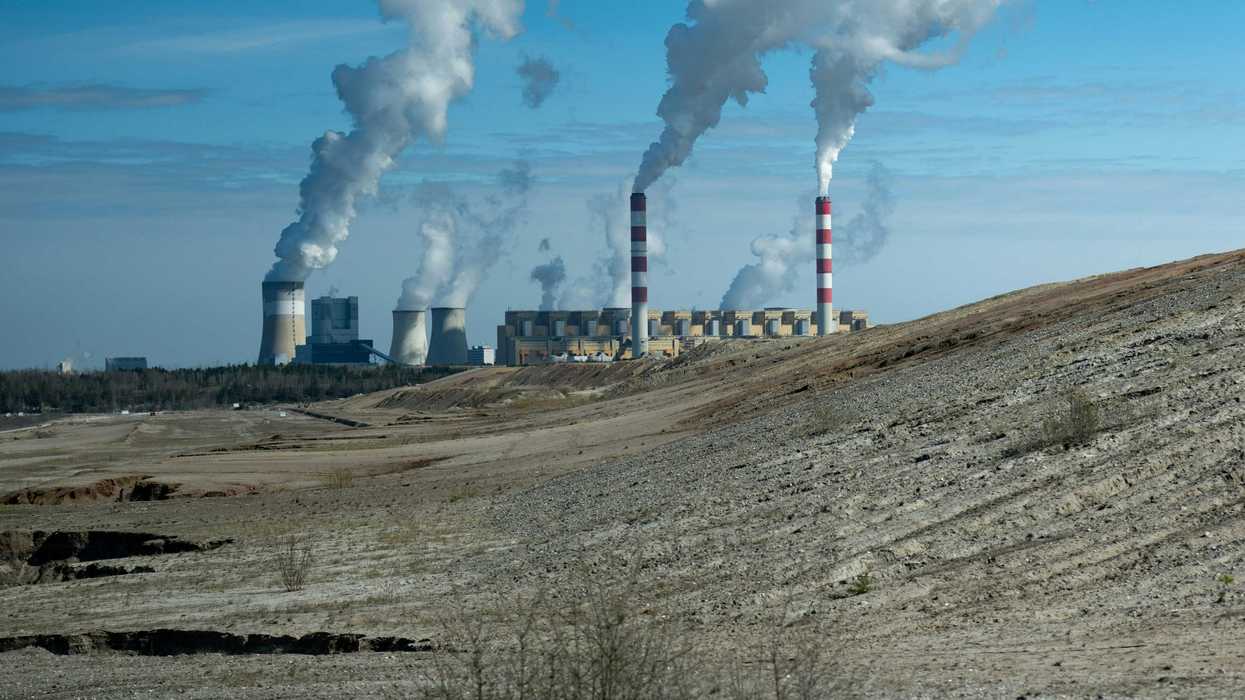As misinformation spreads quickly in the chaos of natural disasters, researchers are testing artificial intelligence tools to help emergency responders identify and counter false claims in real time.
Ryan Krugman reports for Inside Climate News.
In short:
- A new study from the International Institute for Applied System Analysis found that AI systems like natural language processing, machine learning, and real-time monitoring can help detect and track misinformation during natural disasters.
- While AI tools can rapidly scan social media and news for misleading content, their effectiveness is limited by cultural language nuance, evolving disinformation tactics, and public trust.
- Researchers say AI could help direct emergency resources more efficiently, as demonstrated during past crises like Hurricane Harvey and the Haiti earthquake, but caution that public skepticism and access issues remain barriers.
Key quote:
“Our research demonstrates that deploying AI can help improve decision-making during crises by ensuring that accurate, timely information reaches those affected.”
— Nadejda Komendantova, study lead and researcher at the International Institute for Applied System Analysis
Why this matters:
When disasters strike, accurate information saves lives. But online misinformation — whether about evacuation orders, shelter access, or the cause of an event — can spread faster than emergency officials can respond. AI tools are being developed to flag and counter false narratives before they disrupt rescue efforts or fuel panic. Yet the same technology can also be misused, and it struggles to keep up with ever-changing tactics and cultural nuance. Ensuring people receive trustworthy, timely updates is as much a public health concern as deploying ambulances or clearing roads.
Related:














